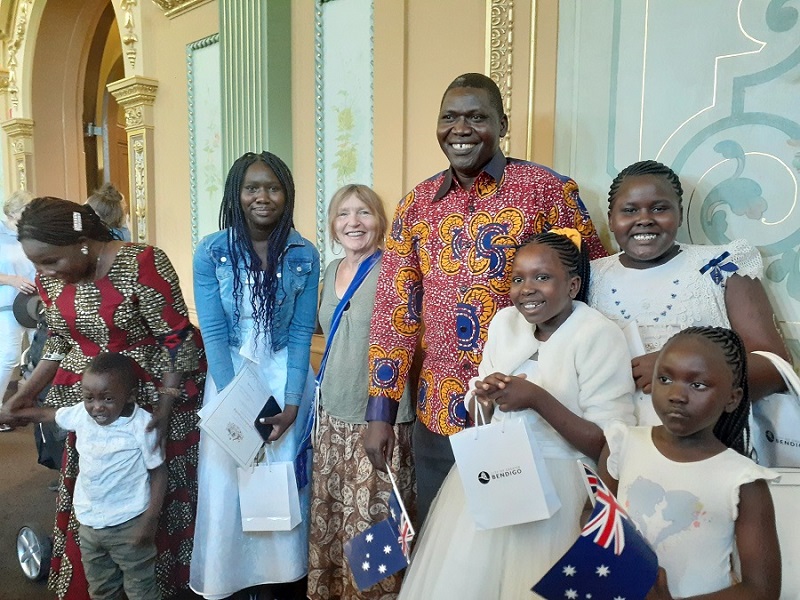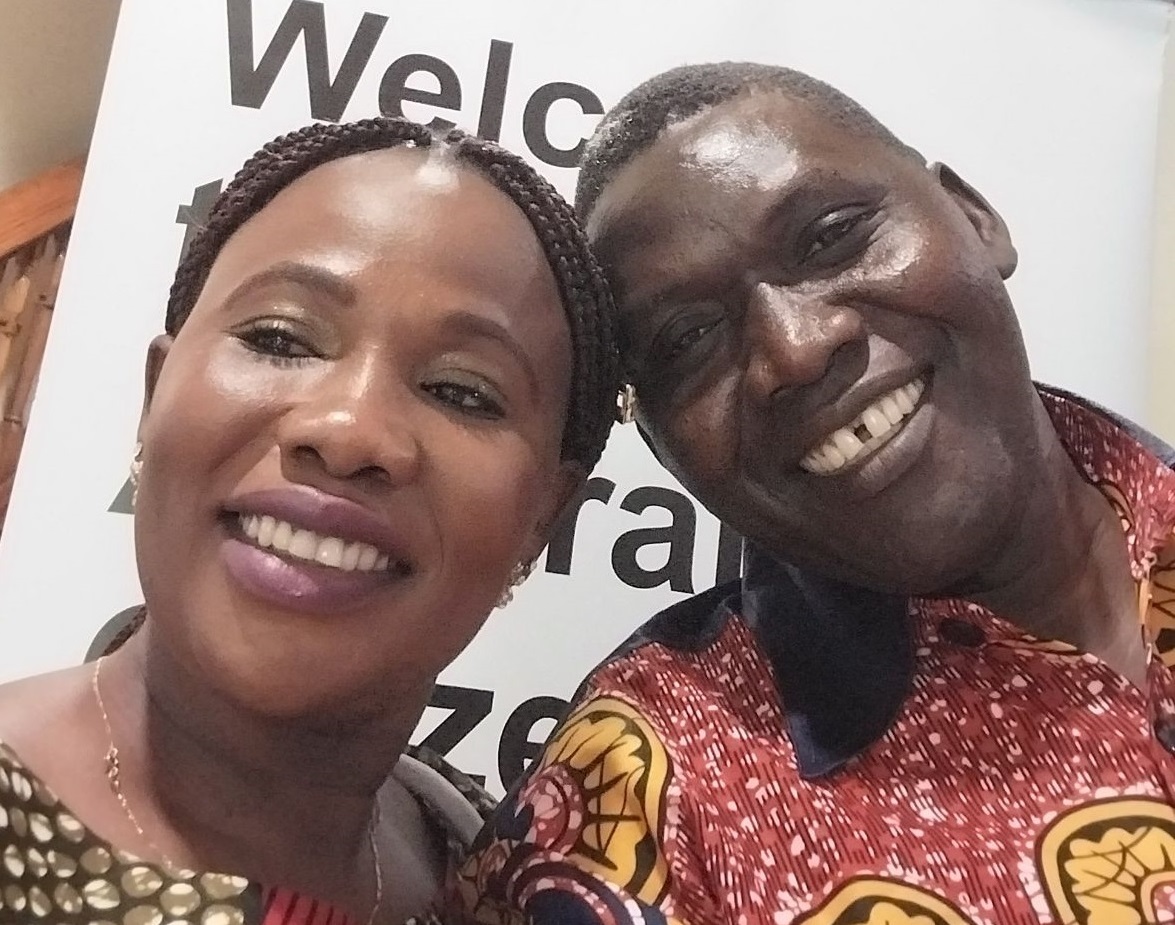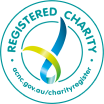Born in South Sudan, as a teenager John escaped the war and travelled to Kenya, where he was placed in a refugee camp that would be home for the next 17 years.
The Kakuma Refugee Camp was established in 1992 to house the arriving Lost boys of Sudan. In 2020, it had a population of 196,666 registered refugees and asylum-seekers.
“You are given a tent and told, this is your place,” John says. He was also given blankets, basic crockery and cookware, and food rations such as beans, maize and wet flours. These things were all he had. He arrived with no education, no money, no resources, and no family. “You don’t know where to start,” he says.
Initially, he couldn’t even afford a padlock, in this place where thieving and violence was rife. “I lost most of the friends I made in the camp,” he says, meaning they were shot and killed.
In time, John found work as a plumber with the local water authority, which led to him finding Lillian.
It was 2008 and Lillian had recently arrived in the camp with her family. John was working around the water pipes and singing a common song from his homeland. Lillian recognised it and approached him. They were from the same South Sudanese village. He helped her fill her bucket, then offered to show her around. In time, they married, and welcomed the eldest three of their five children in the camp.
As violence in and around the camp increased, the young family applied for a Humanitarian Visa, in 2011.
Four years later, they travelled to Nairobi to board a plane to Australia, but the flight was cancelled, with no explanation. When they returned to the camp, John says they had nothing, having given away their possessions ahead of leaving. Thankfully, John got his job back. “That was the only thing that saved my life, and the life of my kids,” John says.
A year later, John was informed of another flight to Australia. He did not believe it, not during their five-day Australian orientation program, not on the bus trip to the airport, not until they were boarding the aircraft.
“When I arrived, I thought, this is an amazing country, but where are we going to start? I thought, if I can survive in Kakuma, in a very dry land, with nothing, I can survive here, where everyone has a smile on their face. I’ll see what I can do.”
——-
Once BCHS had equipped family up with essentials; ATM cards, Centrelink accounts, GP visits and knowledge of public transport, John began to help himself.
He attended Bendigo TAFE to learn English, then to gain a plumbing certificate to continue the work he knew. He worked for a local plumbing business, until a physical injury sustained in the camp prevented him continuing.
So, BCHS helped him apply to study a Certificate IV in Disability Community Services at TAFE. After graduating, John began working at Interchange, now Lifely, where he’s been for almost five years. He enjoys his position in the community access team, accompanying people with a disability on day trips and overnight camps. He recently took clients to an AFL game. “A lot of the places I’ve seen have been through my job at Lifely – it’s contributed a lot to my life,” he says.
John says BCHS has made “a very strong foundation” for his family.
“Sue, Kailtyn (former staff member) and Zahir at BCHS, they taught us everything,” he says. “But then, it’s up to you to save your life. It’s up to you to create your future … it’s up to you to develop the place you’re in and not de-value it.”
The Mururu family officially became Australian citizens on January 26 this year. And in May, they moved out of rental accommodation and into their own home in Jackass Flat. Lillian works with the Spotless team at the Bendigo Hospital. They have four daughters in school, and a three-year-old son. Their eldest daughter, Blessing, is a talented athlete who has played basketball for the Junior Braves. “My kids are doing well,” John says. “They’re doing so great.”

John is thankful to everyone who has helped his family; from good friend Kerry O, to Regina, who randomly met them one day in Bendigo, learnt Lillian needed help to learn to drive, then proceeded to give her lessons until she earnt her license, to the police officers who addressed his frightened children. John says his kids feared police, until a local officer spoke to them of the violence in Kenya, “let it be there. Here is a totally different country and here you will be cared for.” And, “one day one of you girls might be a police officer”.
“I also thank the Australian Government for making my life easier and better,” John says. “I want Australian people to know how lucky they are. It’s about the little things. The government of Australia makes everything easier. There are laws in place and not a lot of criminal activity, and if there is, things are followed up. I want to say how lucky I am to be a part of it.”
John says his worries now are for those family members still living in the refugee camp in Kenya. He is currently working a second evening job as an Uber delivery driver, and sending money to his niece and cousin in Kenya, to pay for their care and their children’s education.







